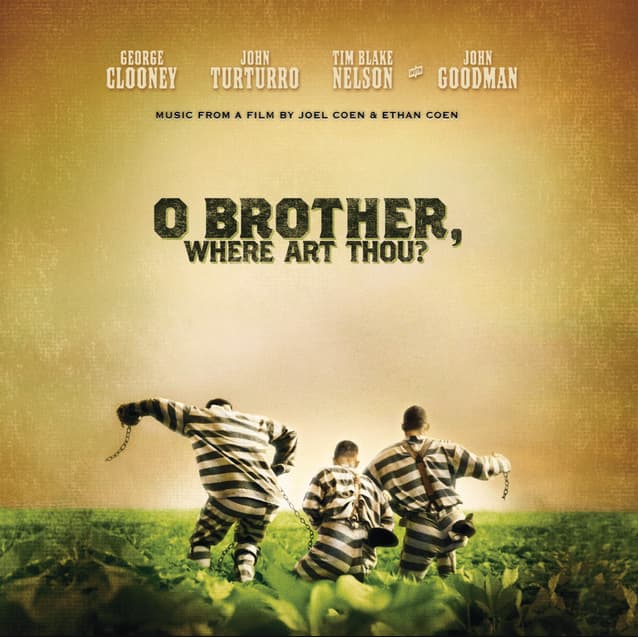
Emmylou Harris – Didn’t Leave Nobody But The Baby: A Haunting Lullaby of Longing and Legacy
In the vast tapestry of American folk music, few voices resonate with as much poignant clarity as that of Emmylou Harris. Her rendition of “Didn’t Leave Nobody But The Baby,” a collaborative effort with fellow artists Alison Krauss and Gillian Welch, stands as a testament to her ability to evoke deep-seated emotions through song. This haunting lullaby first found a wider audience with its inclusion in the Coen Brothers’ film O Brother, Where Art Thou?, released in 2000, a soundtrack that itself became an unexpected cultural phenomenon.
At its core, “Didn’t Leave Nobody But The Baby” is a song steeped in the traditions of Southern lullabies, carrying with it echoes of the past, whispers of old stories, and the weight of generational longing. The song’s roots can be traced back to traditional Appalachian music, capturing a time when songs were passed down through oral traditions, each rendition carrying with it new inflections and personal touches from those who sang it.
The collaboration between Emmylou Harris, Alison Krauss, and Gillian Welch brought together three titans of Americana music, each lending their unique voice to create a harmonious blend that is both ethereal and grounding. Their combined vocal harmonies weave a tapestry that is at once comforting and eerily haunting—a perfect fit for the mystical and surreal atmosphere of O Brother, Where Art Thou?.
When this track was released as part of the film’s soundtrack, it did not chart on traditional pop or rock charts. Instead, its success was more insidious, permeating through the fabric of American music culture much like the film itself. The O Brother, Where Art Thou? soundtrack achieved multi-platinum status, reviving interest in traditional American folk music and even leading to a resurgence in bluegrass popularity across the United States. This particular song became emblematic of that revival—a touchstone for those seeking solace in music’s ability to connect us to our roots.
The thematic core of “Didn’t Leave Nobody But The Baby” revolves around themes of abandonment and solace. The lyrics tell a simple yet profound tale: an invitation for a child to sleep while hinting at the absence left by others. It’s a lullaby that speaks not only to the literal act of soothing a baby but also metaphorically to anyone who has ever felt left behind or lost. It’s this universal appeal—this ability to speak to both personal and shared experiences—that gives the song its enduring power.
For older listeners, this track may evoke memories of their own childhoods or parenthood experiences—times when such lullabies were sung softly under dim lights, carrying with them promises of protection against the encroaching darkness. For younger audiences, it offers a glimpse into a world where music served as one of the primary means of storytelling and emotional expression.
In conclusion, Emmylou Harris’s interpretation of “Didn’t Leave Nobody But The Baby” is more than just a song; it’s an experience that bridges generations. It invites listeners to pause and reflect on their own connections to history and family—the bonds that tie us all together despite time’s relentless march forward. Whether you come for the haunting melody or stay for the rich emotional tapestry it offers, this song remains an indelible part of America’s musical landscape.